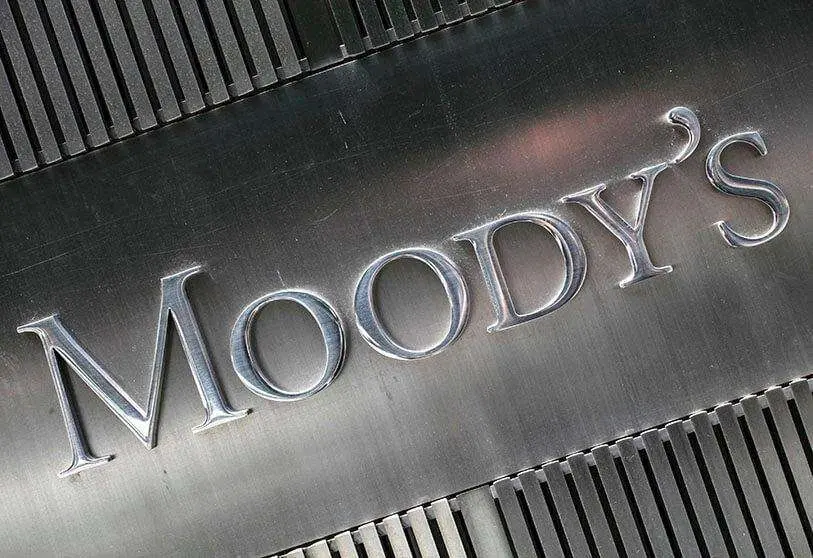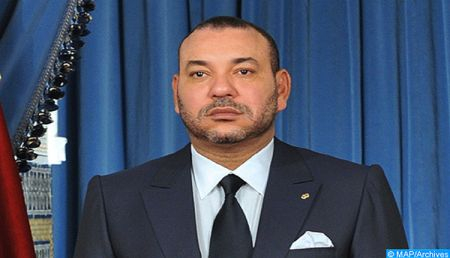The American rating agency Moody’s confirmed, during its periodic review in March, the Ba1 rating assigned to Morocco, with a stable outlook. This decision highlights the Kingdom’s ability to maintain its macroeconomic stability despite ongoing challenges, such as slowed economic growth and increasing public debt, writes the magazine Challenge.
In its report, Moody’s emphasizes the strength of Moroccan institutions and the effectiveness of the country’s fiscal, social, and economic policies. These factors have helped maintain social cohesion and support economic activity, despite rising public debt, which is considered sustainable. The agency specifies that Morocco’s external position remains strong, thanks to tourism revenues, exports, and Moroccan expatriates’ remittances. These financial flows help contain the current account deficit, estimated at 2.5% of GDP in 2024.
Another key factor highlighted by Moody’s is the strategic role played by Bank Al-Maghrib (BAM), which bolsters the credibility of the country’s monetary policy. According to the rating agency, Morocco’s fiscal strength, rated Baa2, balances a rising but controlled public debt. However, certain risks remain, particularly those linked to the large public enterprise sector and exposure to exchange rate risk. Currently, foreign currency debt represents 17.6% of GDP.
Moody’s also warns about potential risks of deterioration, including budgetary pressures related to social security reforms and major infrastructure projects, as well as the country’s exposure to external shocks, particularly those related to climate.
Zakaria Fahim, CEO of BDO Maroc, an accounting, consultancy and auditing firm, told the magazine that “this Moody’s rating sends a clear signal: Morocco is on the right track, but further efforts are needed.” He stresses the need for rigorous implementation of reforms, particularly in terms of monetary stability, labor market reform, acceleration of the African Continental Free Trade Area (AfCFTA), and digitizing public administration. According to him, the private sector must also play a central role by strengthening synergies with the public sector, enhancing regional value chains, and supporting young entrepreneurs.
“Maintaining this rating is a call to action,” adds Zakaria Fahim. “Now is the time to invest wisely, strengthen training, and capitalize on our human capital. The Ba1 rating of 2025 can become an A3 tomorrow, provided we view it as a strategic springboard and not just as a mere milestone,” he says.
Echoing Zakaria Fahim, economist Samuel Mathey said “maintaining the Ba1 rating with a stable outlook reflects Morocco’s ability to absorb economic shocks while maintaining a disciplined budgetary framework.” This resilience is based on several factors, including strong foreign currency inflows via remittances from Moroccans abroad, tourism, and exports, particularly in the automotive industry and phosphate. These flows help mitigate the impact of trade deficits and stabilize the balance of payments.
Although public debt represents about 70% of GDP, Morocco’s fiscal management is viewed as credible. Ongoing reforms, particularly aimed at broadening the tax base and better controlling public spending, are boosting investor confidence. Furthermore, improvements in the business climate and the development of major structural projects, such as port infrastructure, renewable energy, and industrial zones, are fostering an investment dynamic favorable to growth.
According to Samuel Mathey, “the Ba1 rating reflects Morocco’s institutional strength and its ability to manage public finances, but it also highlights the remaining challenges, particularly regarding economic growth and debt sustainability.”



